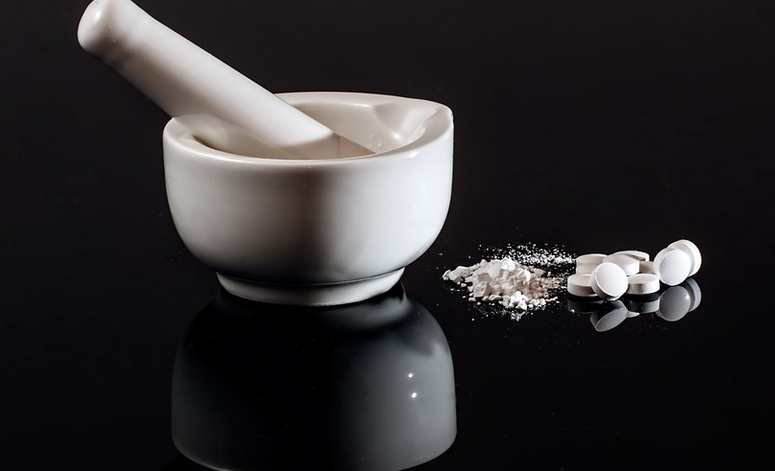Introduction
Bentonite clay has become a popular ingredient in skincare and beauty products for its ability to detoxify and cleanse the skin. However, it’s important to understand the pH level of bentonite clay before using it on your skin. In this article, we’ll discuss what pH level is, how it affects your skin, and how to choose the right bentonite clay for your skin type.
What is pH Level?
pH level is a measure of how acidic or alkaline a substance is. The scale ranges from 0 to 14, with 0 being the most acidic and 14 being the most alkaline. A pH level of 7 is considered neutral. Your skin has a natural pH level of around 5.5, which is slightly acidic.
How Does pH Level Affect Your Skin?
The pH level of your skin is important because it affects the skin’s ability to protect itself from bacteria and other harmful substances. When the pH level is too high or too low, it can disrupt the skin’s natural barrier, leading to dryness, irritation, and even acne. Using skincare products with the wrong pH level can also cause these issues.
Choosing the Right Bentonite Clay for Your Skin Type
Bentonite clay has a pH level of around 8.5 to 9.5, which is alkaline. This means that it can disrupt the skin’s natural pH level if used in its pure form. However, there are ways to adjust the pH level of bentonite clay to make it more suitable for your skin type.
For Dry or Sensitive Skin
If you have dry or sensitive skin, it’s best to use a bentonite clay mask that has been adjusted to a lower pH level. Look for products that have added ingredients like aloe vera or chamomile to soothe and hydrate the skin.
For Oily or Acne-Prone Skin
For those with oily or acne-prone skin, a higher pH level may be more beneficial. This is because a higher pH level can help to reduce the amount of oil on the skin and prevent breakouts. Look for bentonite clay masks that have a pH level of around 9 to 9.5.
How to Use Bentonite Clay on Your Skin
Before using bentonite clay on your skin, it’s important to do a patch test to make sure you’re not allergic to the ingredient. To use bentonite clay as a mask, mix the clay with water or apple cider vinegar until it forms a paste. Apply the paste to your face and leave it on for 10-15 minutes before rinsing off with warm water.
Conclusion
Bentonite clay can be a great addition to your skincare routine, but it’s important to understand its pH level and how it affects your skin. By choosing the right bentonite clay for your skin type and adjusting its pH level if necessary, you can reap the benefits of this powerful ingredient without damaging your skin’s natural barrier.

